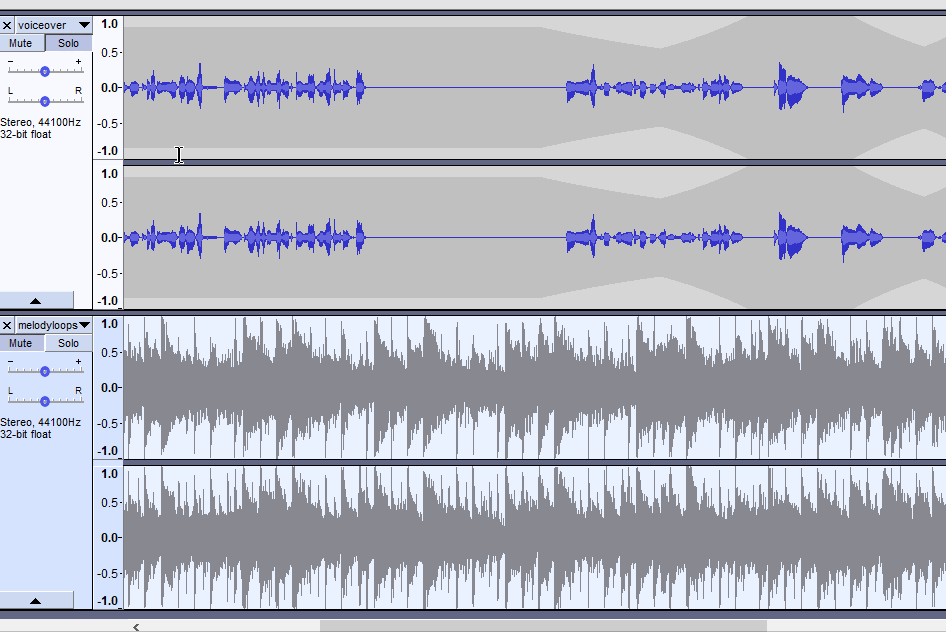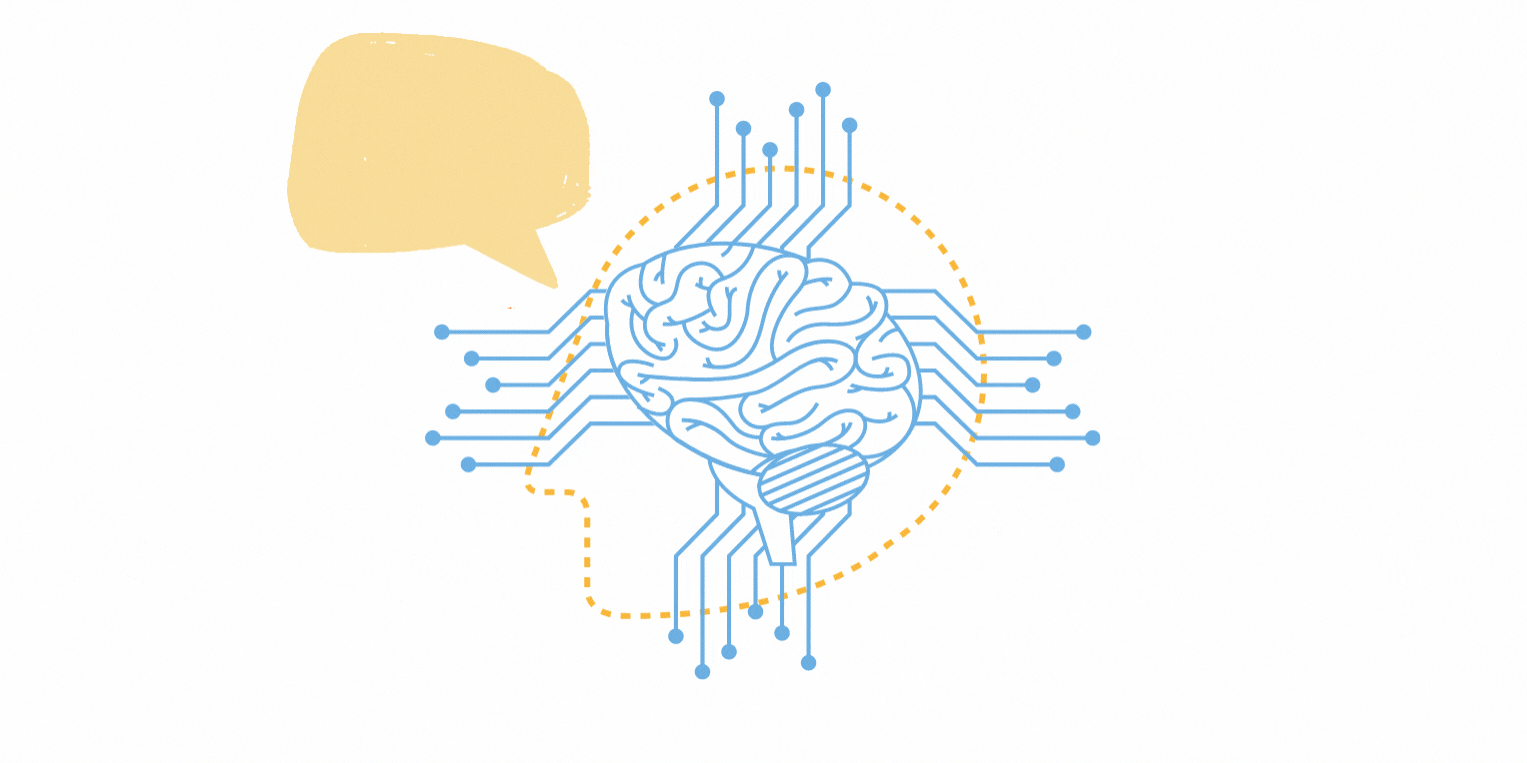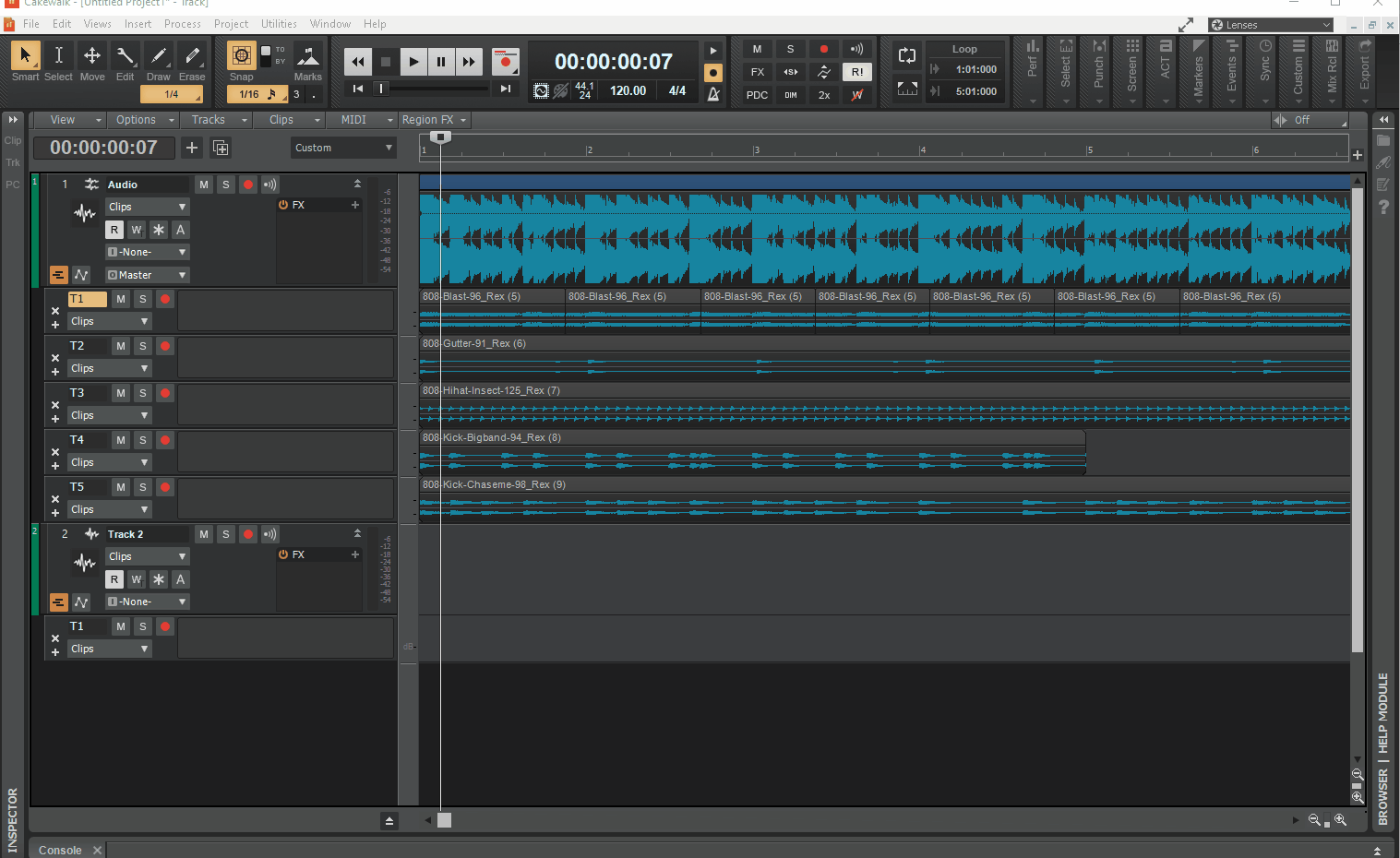-
.gif)
Speech To Text
At Alpha Solutions, we understand the importance of accurate and reliable speech-to-text transcription. Our team of skilled transcriptionists is equipped with the expertise to convert spoken content into written text with precision and efficiency. Whether you have interviews, podcasts, lectures, meetings, or any other audio recordings, we have the capabilities to transform them into well-structured and readable transcripts.
We provider of audio annotation services, specializing in high-quality speech-to-text transcription solutions. Our company is at the forefront of the industry, offering comprehensive services that cater to a wide range of needs across various sectors, including healthcare, legal, media, and more.
-

Sound Labiling
Sound labeling is a critical component of audio annotation services, serving as a fundamental process for creating labeled audio datasets that play a crucial role in training and improving machine learning models for various applications, including speech recognition, audio classification, and sound event detection. Audio annotation involves the meticulous labeling and categorization of sounds, which can encompass a wide range of audio sources, such as speech, music, environmental sounds, and more.
In audio annotation services, annotators are tasked with listening to audio clips and identifying and labeling specific sound events or characteristics.
-
Event Tracking
Event tracking in audio annotation services is a crucial aspect that plays a significant role in enhancing the quality and utility of labeled audio data for various applications, ranging from speech recognition and natural language processing to audio event detection and sentiment analysis. This process involves the identification, classification, and timestamping of specific events or occurrences within audio recordings, enabling machine learning models to understand and interpret audio content more accurately.
The annotated audio datasets generated through event tracking in audio annotation services serve as invaluable training data for machine learning models. These datasets empower AI systems to recognize, transcribe, and understand spoken language, detect specific audio events in real-world scenarios, and perform various audio-related tasks with precision.
-

Audio Classification
In audio annotation services, the process of audio classification typically starts with carefully defining and specifying the categories or classes of audio segments that need to be identified. These classes can be quite diverse, encompassing speech, music genres, environmental sounds, animal calls, and various other auditory events. Audio classification is a fundamental task within the realm of audio annotation services, offering crucial support for a wide range of applications, including speech recognition, music categorization, acoustic event detection, and more.
This essential process involves the meticulous labeling and categorization of audio segments, making it possible for machine learning and artificial intelligence algorithms to understand and distinguish between different types of sounds and acoustic patterns.
-

NLU
The core objective of Natural Language Understanding in audio annotation services is to process and understand the spoken word within audio recordings. This involves converting spoken language into text through techniques such as automatic speech recognition (ASR) and then applying natural language processing (NLP) methods to analyze and interpret the transcribed text. NLU goes beyond basic transcription by identifying and extracting key information, such as entities, sentiments, intents, and context, from the audio data.
Natural Language Understanding (NLU) in audio annotation services represents a crucial advancement in the field, enhancing the depth and context of data labeling for audio-based applications and machine learning models. These services are instrumental in transcribing, categorizing, and extracting meaningful information from spoken language or audio content, providing valuable insights and enabling a wide range of applications across industries..
-

Music Classification
Music classification within audio annotation services is a crucial component of data labeling that involves categorizing audio clips or segments into distinct genres, moods, instruments, or other predefined classes. This process plays a pivotal role in various applications, including music streaming platforms, recommendation systems, content tagging, and more. In music classification annotation services, annotators carefully listen to audio samples and apply labels or tags that describe the characteristics of the music.
These annotations can encompass a wide range of attributes, such as genre labels (e.g., rock, jazz, hip-hop), mood or emotion labels (e.g., happy, sad, energetic), instrument labels (e.g., guitar, piano, drums), and more. The granularity of classification can vary depending on the specific project requirements, ranging from broad genre categories to fine-grained descriptors that capture nuanced musical attributes.
Loading...
Audio Annotation
